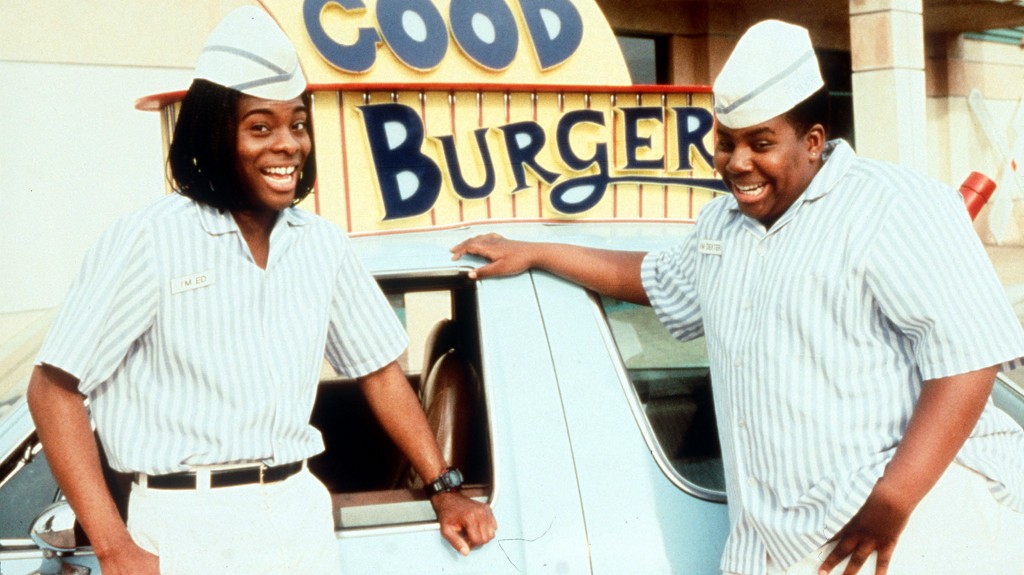Everyone Deserves A Living Wage
On Talia Jane and the Fight for $15

In the past week, you probably heard about a former Yelp employee, talia jane, and her open letter to her CEO.
In case you missed it, she was earning $8 an hour after taxes to work in customer service, with the hope of getting promoted to the media department. Despite her medical benefits and college education, she hadn’t been able to buy groceries since starting the job. Quickly after publishing the letter, she was fired from Yelp and began accepting donations to help her pay living expenses.
The letter stressed the importance of living wages “regardless of who you are, circumstances or background.” Everyone should have the opportunity to earn a living. No one, especially employed by a thriving company in the food industry, should go hungry.
Unfortunately, this narrative has been hijacked and distorted. The National Review called Talia a fraud “on a prosciutto-and-brie diet” that should “call the wahmbulance ASAP.” Stefanie Williams wrote this widely read response with a clear message to millennials: suck it up and stop complaining about your salary, even if it’s underpaying. Business Insider republished and applauded her rebuttal.
Talia has responded to the backlash, which of course has its own backlash, and HelloGiggles has wrapped it up for us.
I hope to restore the discussion to one of financial hardship.
The Silicon Valley is the hub of the tech industry. However, the surrounding area suffers from tremendous poverty. In the iPhone’s hometown, a 2013 study reveals that 1 in 7 children grows up in poverty. Additionally, while the regional poverty rate falls at around 11%, the same study emphasized federal poverty statistics undermine the area’s economic hardship. In other words, federal standards are little harsh on the Bay area — especially taking cost of living into account.
In the iPhone’s hometown, a 2013 study reveals that 1 in 7 children grows up in poverty.
Unfortunately, Talia lives the reality of many recent college graduates in the United States. Contrary to the American Dream our parents hope we’d achieve with a college degree, most of us are lucky to be paid a mediocre wage. In 2012, the Federal Reserve Bank of New York examined underemployed college graduates, which those working part-time or low-wage jobs while searching for a higher-paying full-time position. That year, only 36% of graduates earned salaries over $45,000. We’re not even talking about three-figures here, either.
And that’s if you’re fortunate enough to work at all. The Center for Economic and Policy Research reports unemployment for college graduates was 5.6% in 2013. That’s the national average today. On the surface, this sounds positive. It means 95% of college graduates are employed. However, the same study also reveals black college graduates face 12.4% unemployment rate, including those in STEM fields. That’s more than twice the overall average. While a college degree doesn’t guarantee a job, it also doesn’t free one from the effects of racial inequality.
Remember: those numbers above only include college graduates. The National Student Clearinghouse reports 55% of those that start college don’t even finish. Many drop-outs are above 24, and older than traditionally aged college students. Can you imagine finally going to college, only to accumulate debt and have to leave? While there are a plethora of reasons why students drop out, one can’t deny skyrocketing costs of higher education isn’t one of them.
Fight for $15, a national grassroots movement of thousands of workers, pushes to increase the federal minimum wage to $15 hour. You’ve probably seen this debate through Facebook memes your more conservative friends have shared with questions like, “Why do fast-food workers deserve more than EMTs?” The Fight for $15 movement doesn’t believe fast-food workers should be compensated more. Instead, it argues that everyone should earn the bare minimum to survive, and in today’s economy, that minimum is $15 an hour.
Talia wasn’t comfortable discussing her struggle with her employer. Do you really think it would have mattered if she did? Yelp had the opportunity to reverse their mistakes. She offered detailed suggestions internally on how Yelp could address hunger and poverty in the Bay Area, but her ideas were dismissed. After all, they save $24,000 a month that would otherwise be spent on coconut water in the break room, thanks to Talia’s observations. No one deserves to be silenced for expressing their hardships.
College degree or not, everyone deserves a living wage.
Support The Billfold
The Billfold continues to exist thanks to support from our readers. Help us continue to do our work by making a monthly pledge on Patreon or a one-time-only contribution through PayPal.
Comments